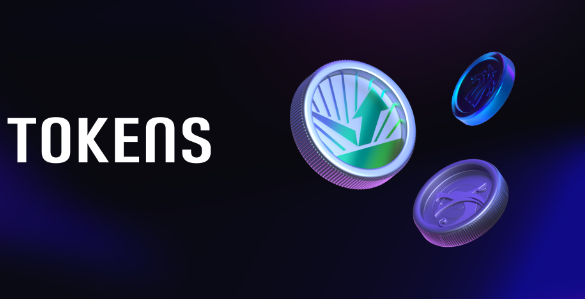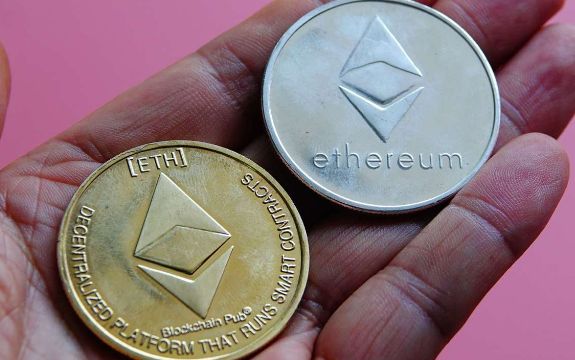Your Essential Guide to Buying and Selling Tokens on Cryptocurrency Exchanges
The rising popularity of cryptocurrencies has sparked a myriad of questions surrounding cryptocurrency exchanges. Users frequently ponder, "How do I choose the right exchange?" or "What tokens should I buy or sell?" These inquiries often stem from the complexity and novelty of navigating digital assets. With so many options available and the stakes involved, it’s essential to understand the mechanics behind cryptocurrency exchanges to maximize your trading experience.

Detailed Answer to Choosing a Cryptocurrency Exchange
When selecting a cryptocurrency exchange, the key factors revolve around user experience, security, fees, and available trading pairs. Begin by examining user reviews and the exchange’s reputation in the community. Security features such as two-factor authentication (2FA), cold storage, and insurance policies are crucial in safeguarding your assets.
Next, consider the fee structure. Different exchanges may charge varying trading fees, deposit, and withdrawal fees. Look for exchanges that offer transparent fee structures, which prevent unexpected costs. It’s also prudent to evaluate the trading volume of the exchange; higher trading volumes often correlate with better liquidity, enabling smoother transactions.
Lastly, assess the range of cryptocurrencies available. Some exchanges provide access to a diverse selection of tokens, while others may focus on more popular currencies like Bitcoin and Ethereum. Choose an exchange that aligns with your investment strategy and offers the tokens in which you're interested.

Considerations: Regulations and Compliance
In the rapidly evolving landscape of cryptocurrency, regulations must not be overlooked. Compliance with local laws and international regulations is crucial for the legitimacy and safety of your trading. Different countries have unique legal frameworks governing cryptocurrency; failing to adhere to these can lead to penalties or restrictions on your trading activities.
Before using any exchange, check if it’s regulated by a suitable authority. This includes organizations like the Financial Crimes Enforcement Network (FinCEN) in the U.S. or the Financial Conduct Authority (FCA) in the U.K. Users should also be aware of the nuances of anti-money laundering (AML) laws and know your customer (KYC) requirements, as these are often used to verify users and minimize fraud.
Buy or Sell: Analyzing the Right Time to Trade
Timing your buy or sell decisions is critical in cryptocurrency trading. Ideally, you should buy when the market is experiencing temporary dips and sell during a peak market phase. A solid strategy includes setting up price alerts on your chosen exchange to stay updated on fluctuations. Moreover, keep an eye on market trends, news, and updates that could affect token volatility.
Ultimately, understanding the fundamental and technical aspects of the token you’re interested in can lead you to better trading decisions. If the token has strong fundamentals and an active community, it may be more beneficial to hold it long-term rather than executing premature sells.
Conclusion
Cryptocurrency exchanges offer a gateway into the burgeoning world of digital assets. By taking the time to understand user experience, security, fees, regulations, and strategic trading, you can navigate the complexities of buying and selling tokens with confidence. Always keep learning and refining your strategies to enhance your trading performance in this dynamic marketplace.
Feel free to utilize this structured approach to approach your cryptocurrency exchange inquiries with clarity and confidence!